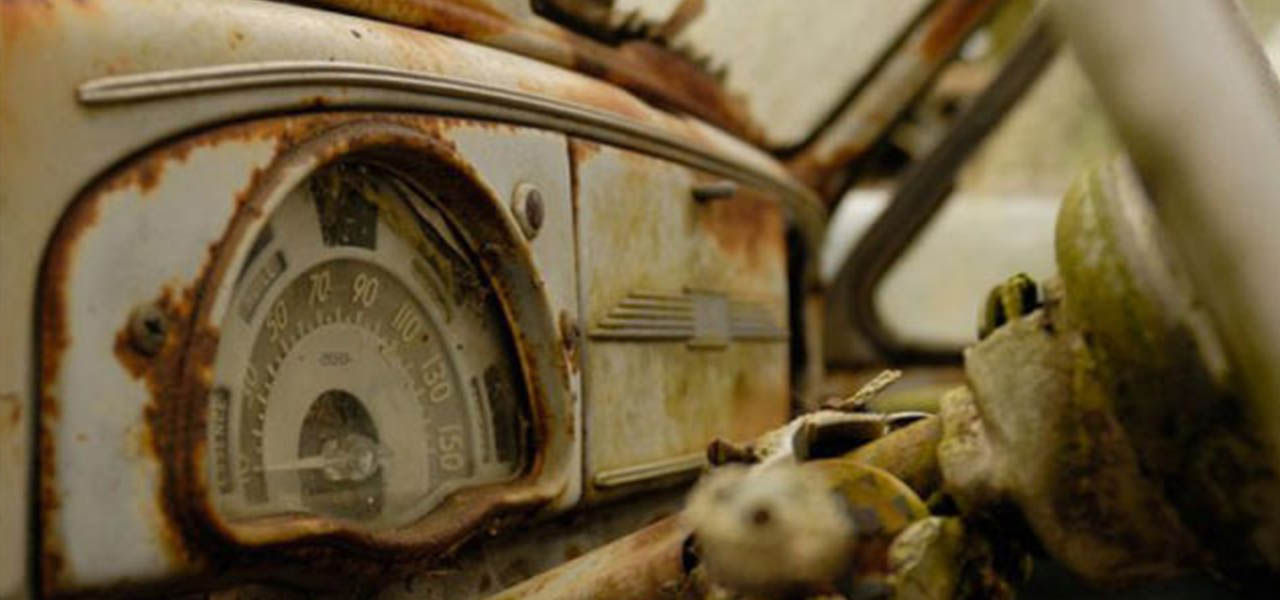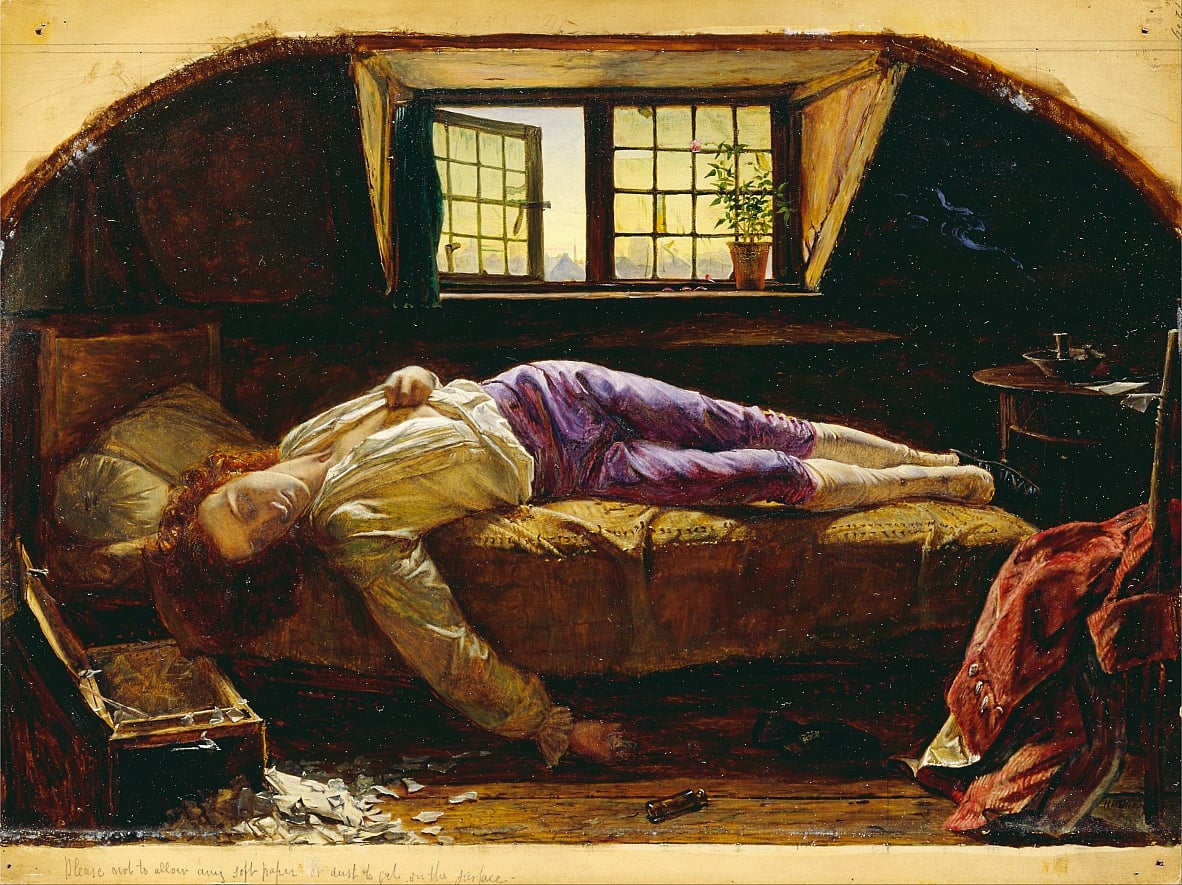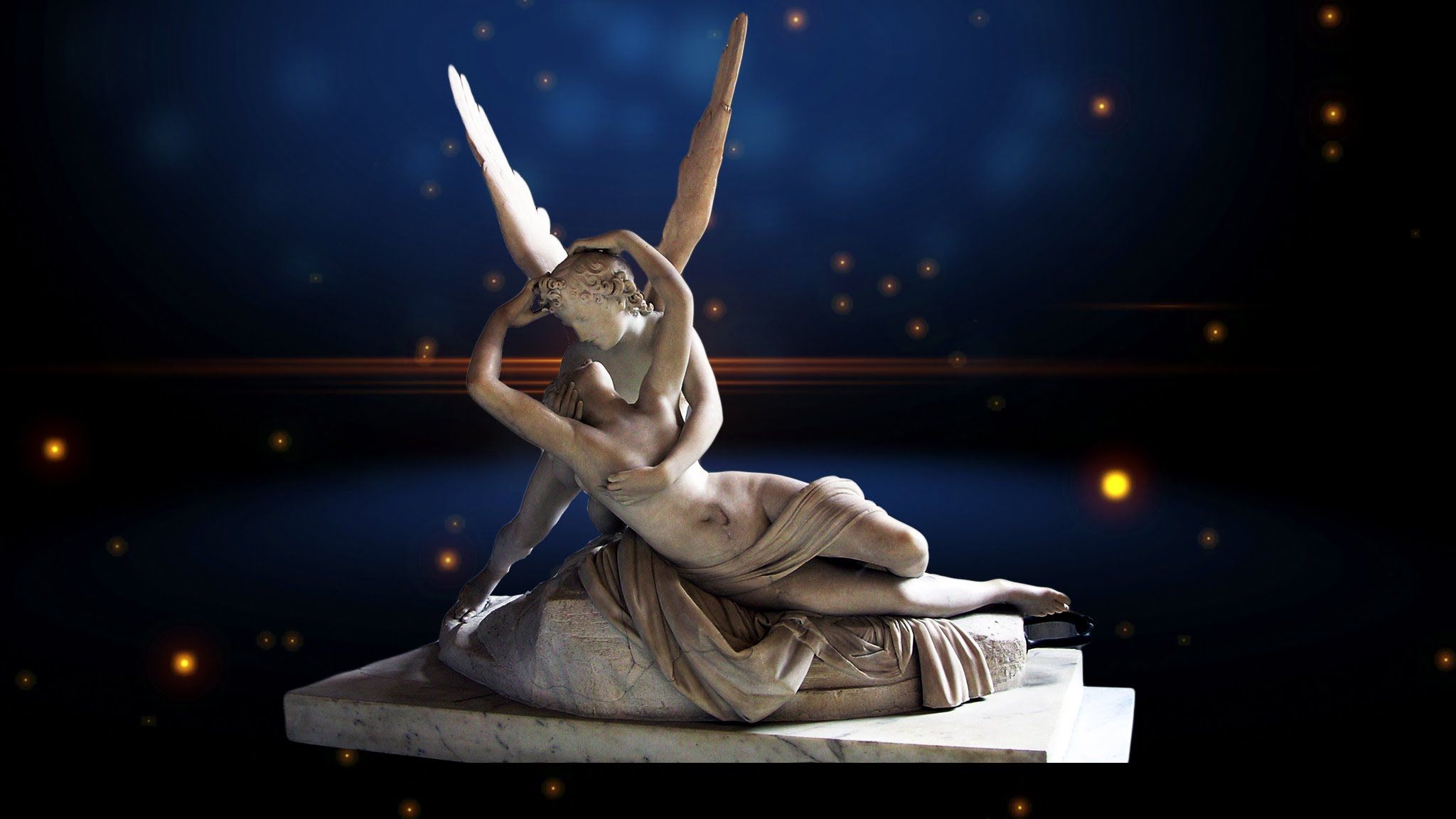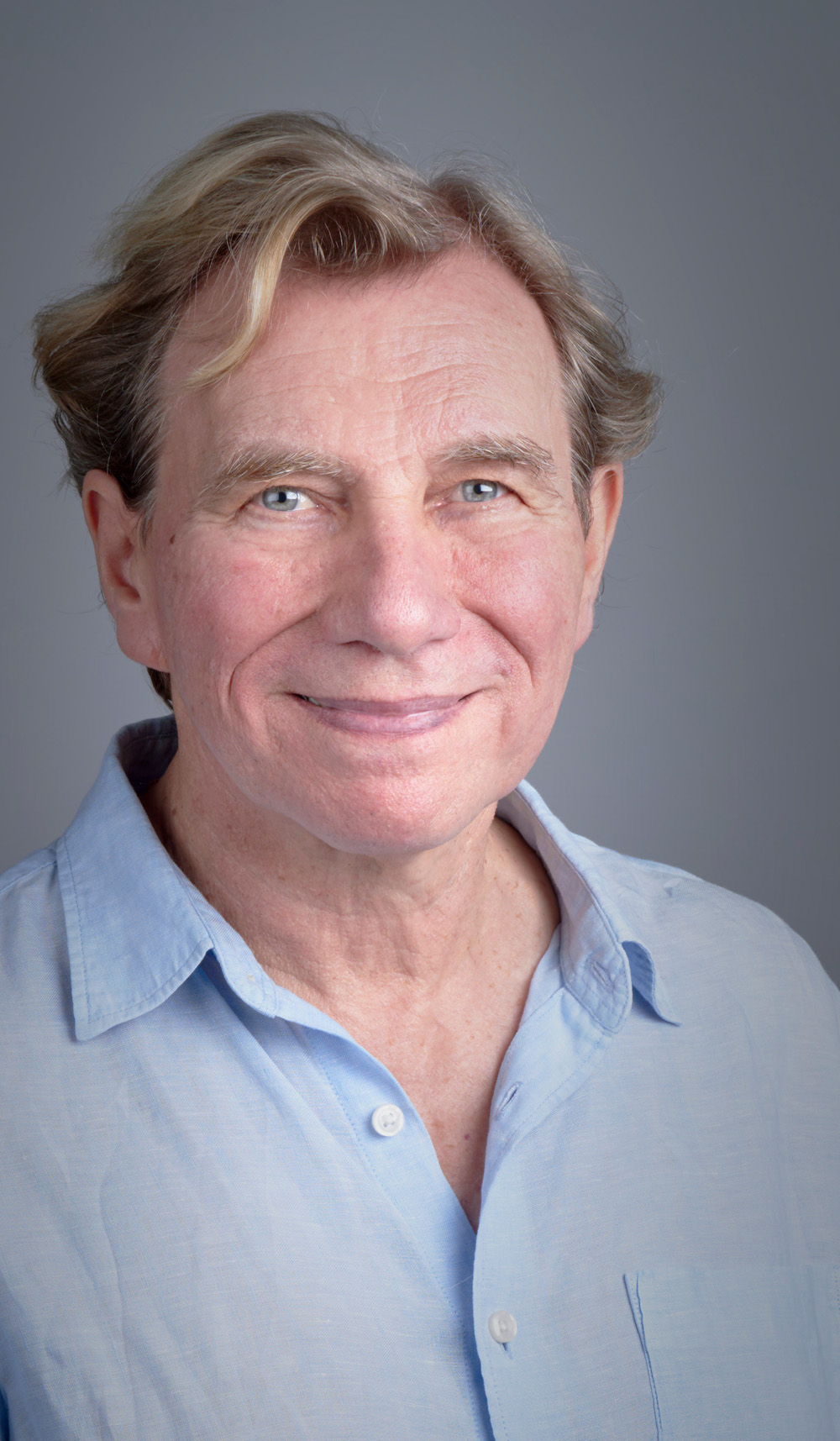Once upon a time I was very familiar with the cars of other people. During my twenties I hitch-hiked everywhere. It was the public transport of my generation. At major intersections there would be a queue of us patiently waiting our turn to be picked up. You learned that travelling with a girl was easier. You learned to hide your pack behind a bush until a vehicle stopped. You learned to be agreeable and not to argue. Sometimes I made up stories about who I was, for the pleasure of lying without guilt or consequence.
I told one driver I was a zoologist, recently returned from studying tigers in Sumatra. There was an illicit thrill in making up convincing answers on the fly with zero knowledge of tigers, Sumatra, or any aspect of zoology whatsoever.
‘They mate for life,’ I said, ‘making nests high in the trees. There are less than 600 left now because of deforestation. We’re working to create reserves for them.’
’Good on you,’ said the driver. ‘Best of luck with that. I had no idea …’
I was suddenly filled with shame. It was like a bad taste in my mouth. There were no more stories about Sumatra or Antarctica or studying to be a nuclear scientist.
I remember an elderly couple in their 1960s car, gilt with chrome, perfectly maintained, the wrinkled seats still smelling of polished leather. The wife opened a tin box and took out sandwiches of white bread which they chomped on contentedly. After a while I realised they were not going to offer me one. A Thermos flask of tea then appeared, the cap turned over to become a cup. After testing the temperature with her little finger, the woman leaned over to let her husband sip the tea while he drove, as though she were feeding a baby. The old Ford was suffocating and I was glad to be dropped off at the next town. It felt as though I had been kidnapped and whisked back in time.
There was the Scotsman driving north who asked me to read the signs at every intersection. He couldn’t read, he confessed. Every time he took an unfamiliar route, he picked up a hitch-hiker to navigate.
There were nurses in short skirts driving mini cars, playing loud music and smoking furiously.
But the lift I remember more than any was with a farmer, the car littered with straw and bits of machinery.
‘I can only take you 15 minutes down the road,’ he warned.
I jumped in without a thought. It was almost dark and threatening to rain. He was going to visit his wife, the farmer said. He hadn’t seen her for a while and there was lots to tell. The tractor engine had blown a gasket but he’d found a replacement in the barn. A cow had given birth to twin calves, and that wasn’t the half of it. His wife was a music teacher, he said. They had almost nothing in common but were happy from the start. The car pulled off the road though a stone gateway. It was quite dark, no moon in the sky. Against the black sky I could make out the blacker outline of a church steeple.
‘She died six years ago,’ he said, answering my puzzled expression as I got out. ‘I come up a few times a week to have a chat and keep her company for a while.’
The car rolled on into the dark cemetery, its lights soon swallowed up by the shrubbery and looming yew trees.
I have stayed grateful to those kindly strangers who invited me into their cars. They were an important part of my education. Those brief encounters were the beginning of an important lesson: that other lives existed beside my own.
(First published in The Australian, 27 April 2013)





I wish i seen you would have given you a drive being so hot